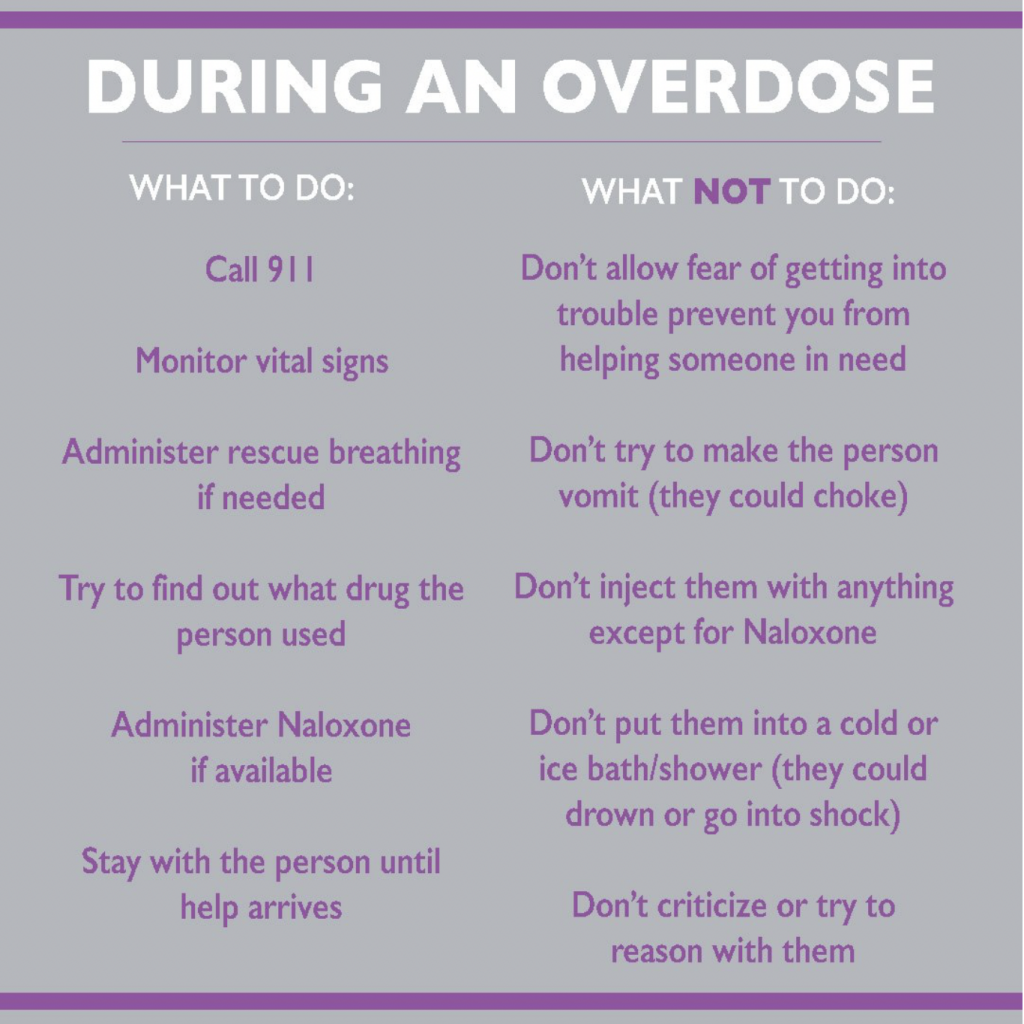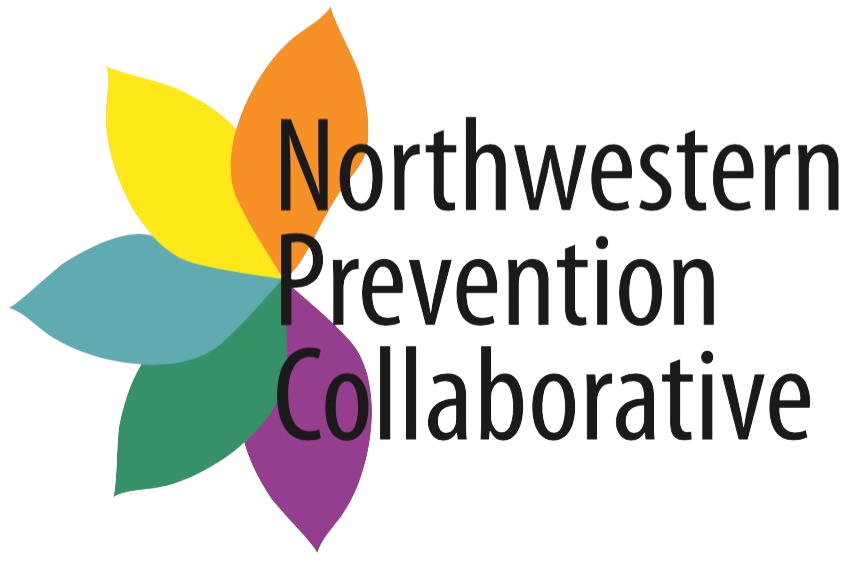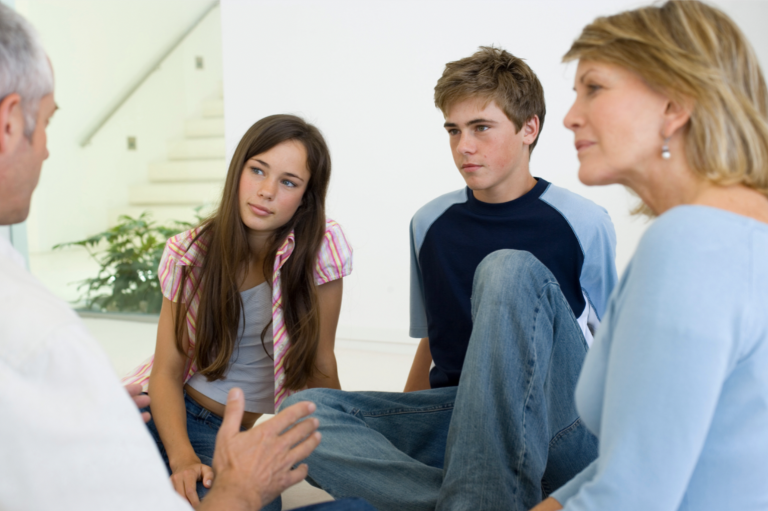Parents can play a critical role in preventing drug misuse by talking to their children about risky behaviors, helping them to make good friends, and teaching them to say no.
In addition to the above, locking up your prescription pain medication and properly disposing of unused medication can help prevent access to a child seeking drugs. Most people who suffer from opiate addiction get their drugs from friends and family, often by stealing the drugs from unlocked medicine cabinets.
If you or a loved one are struggling with a mental health or substance use disorder, Substance Abuse and Mental Health Administration’s (SAMHSA) free, confidential helpline can help you find treatment. For more information, visit https://www.samhsa.gov/find-help/national-helpline.
Know the signs of addiction
Do you worry that your child may be suffering from a substance abuse disorder involving prescription opiates or heroin? Here are some signs they may need help.
Behavioral signs
- Change in attitude/personality
- Change in friends/hangouts
- Lack of interest in – or a change in – hobbies
- Drop in grades or work performance
- Isolation and secretive behavior
- Irritability/mood swings
- Confusion
- Poor judgment
- Decreased ability to pay attention
- Short-term memory loss
- Risk-taking behaviors
Physical Signs
- Bloodshot eyes
- Pupillary constriction
- Sleepiness
- Analgesia
- Difficulties urinating
- Constipation
- Decreased respiratory rate
- Withdrawal symptoms if drug is not available
- Itching
- Flushed skin
- Liver disease
- Jaundice
Do you know how to spot an overdose? Read the infographic below for signs of an opiate overdose.
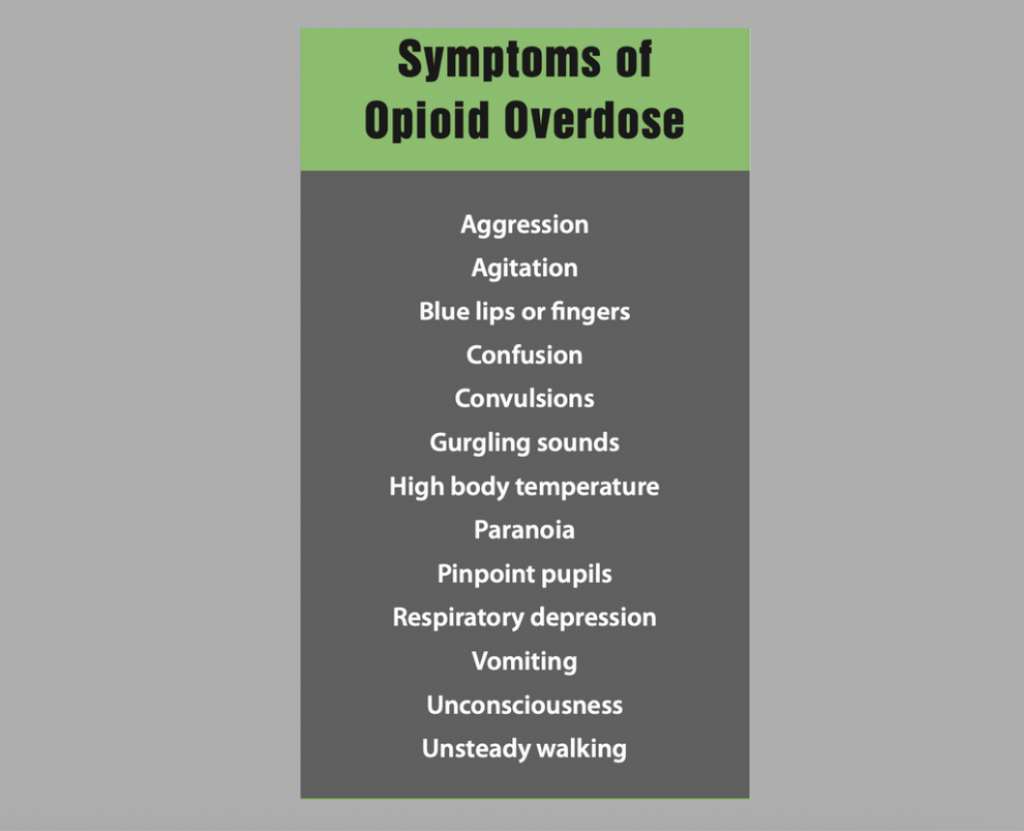
Many young people believe that they won’t suffer an overdose if they take certain precautions, but it is important to ensure they know that anyone who uses an illicit substance can suffer an overdose, especially when certain factors or conditions are present. The graphic below highlights some of the factors that can increase a person’s likelihood of suffering from any form of substance overdose.
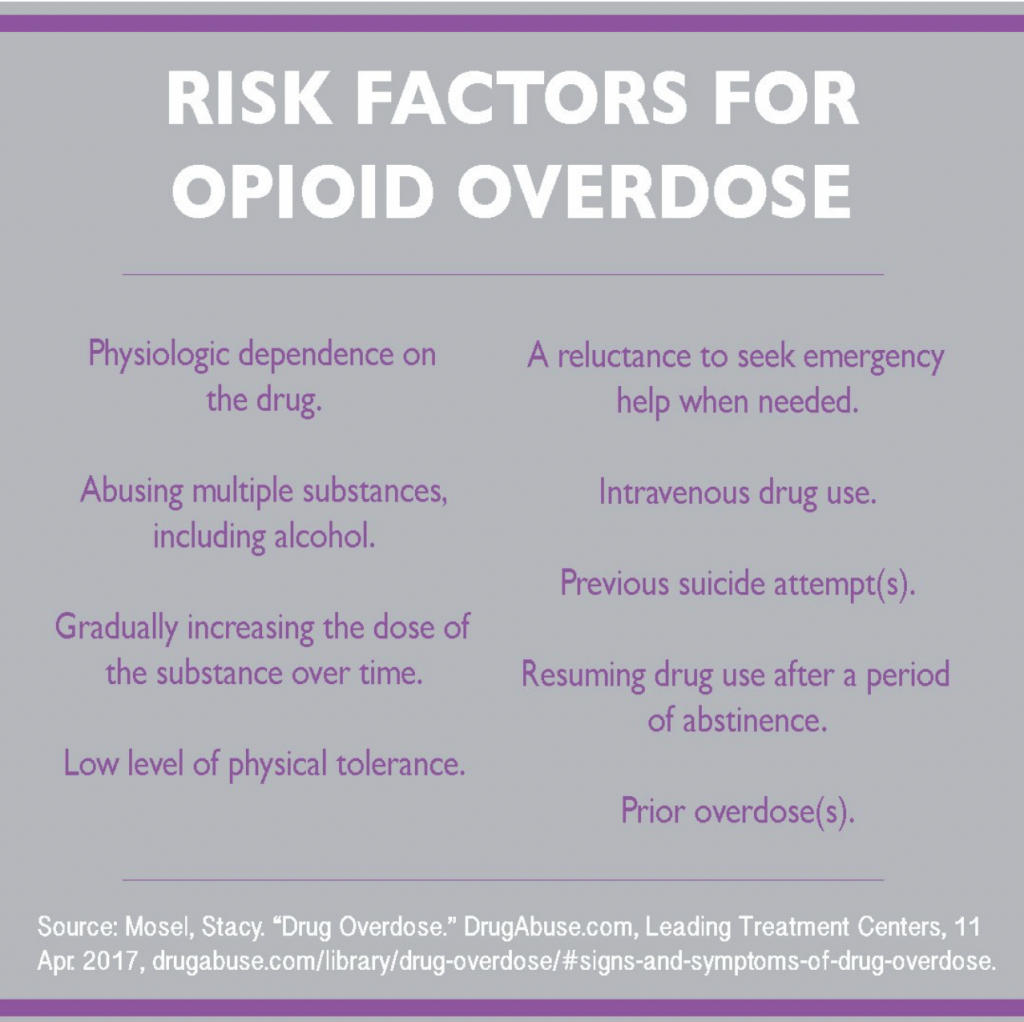
Do you know what to do if someone you love is suffering an overdose? The graphic below indicates what to do – and what not to do – if you see someone having an overdose.
